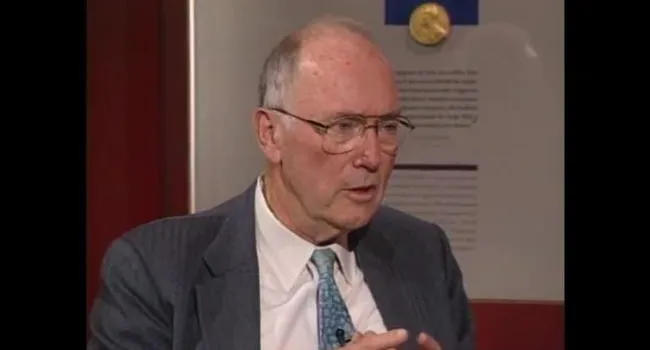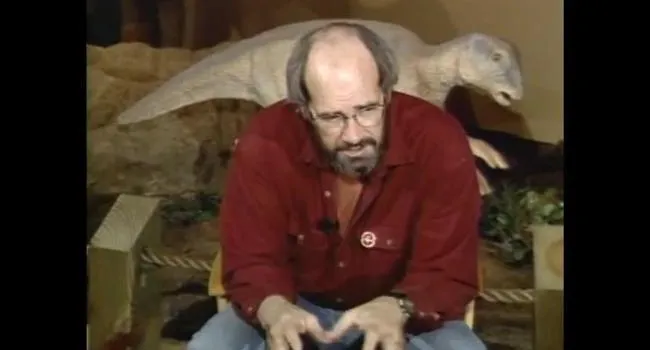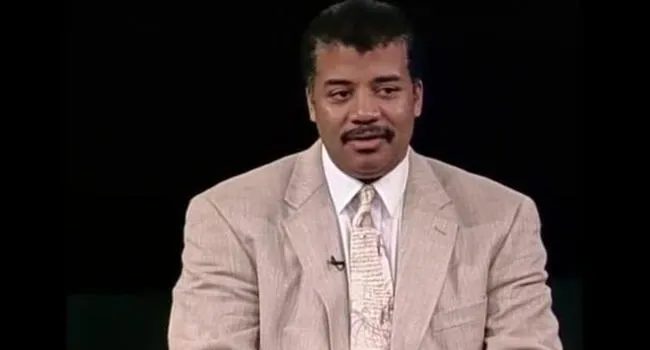Susan Leigh Still Kilrain, Lt. Commander, U.S. Navy, and Astronaut. She was the second female shuttle pilot to fly on a space mission. Susan Leigh Stills answers questions from students about her career and more!
When she told her father she wanted to be a pilot, his answer was, "You can be anything you want to be." She hopes to pass this on to her children and others, including students watching this interview now!
She said being the only woman in an F-14 squadron is not easy, but NASA is a wonderful place for women to work, and there is no distinction between women and men there.
She has a Masters' degree in aerospace engineering. She said that is not a requirement, but that an engineering degree or a technical degree is, such as a medical degree, or physics, mathematics, computers, and that a masters is not required, but most astronauts do have a masters. After college, she joined the Navy and became a jet pilot. She has flown over 2,000 hours in over 30 aircraft, and was selected to be an astronaut. She has flown in space twice, had problems in the first flight and then went back to complete the mission a few months later.
She started flying in high school when she was given a month off during her senior year and became a private pilot.
She said the temperature differs greatly in space, depending on whether the sun is shining or not. It can vary from plus 200 degrees to minus 200 degrees. Space suits have to be designed to be comfortable in those temperatures. She explains about working in space, having to have foot loops to hold you down and provide leverage. Free floating is difficult because there is no leverage. When under water, there is more pressure. They practice in water because it approximates what it is like to be weightless.
She mentions the Space Station, the problems with the Space Shuttle program, and the need to do long-term experiments. She mentions missions being an international effort. She doesn't think people on space missions will ever be replaced by robots and probes. She mentions exploration on Mars and Saturn. She mentions the importance of teamwork.
She discusses the fuel cell problem that occurred on her first mission, and why they had to come home early when one of the fuel cells had dried out, and to keep it from catching fire, it had to be turned off. There was concern that with only two remaining fuel cells, they might be at risk of not being able to return home.







